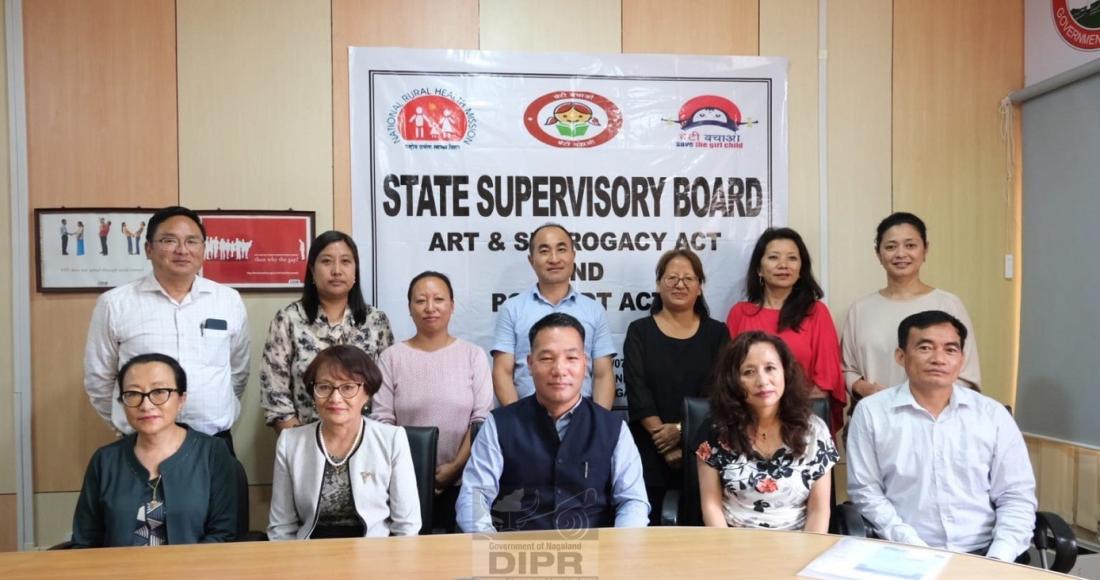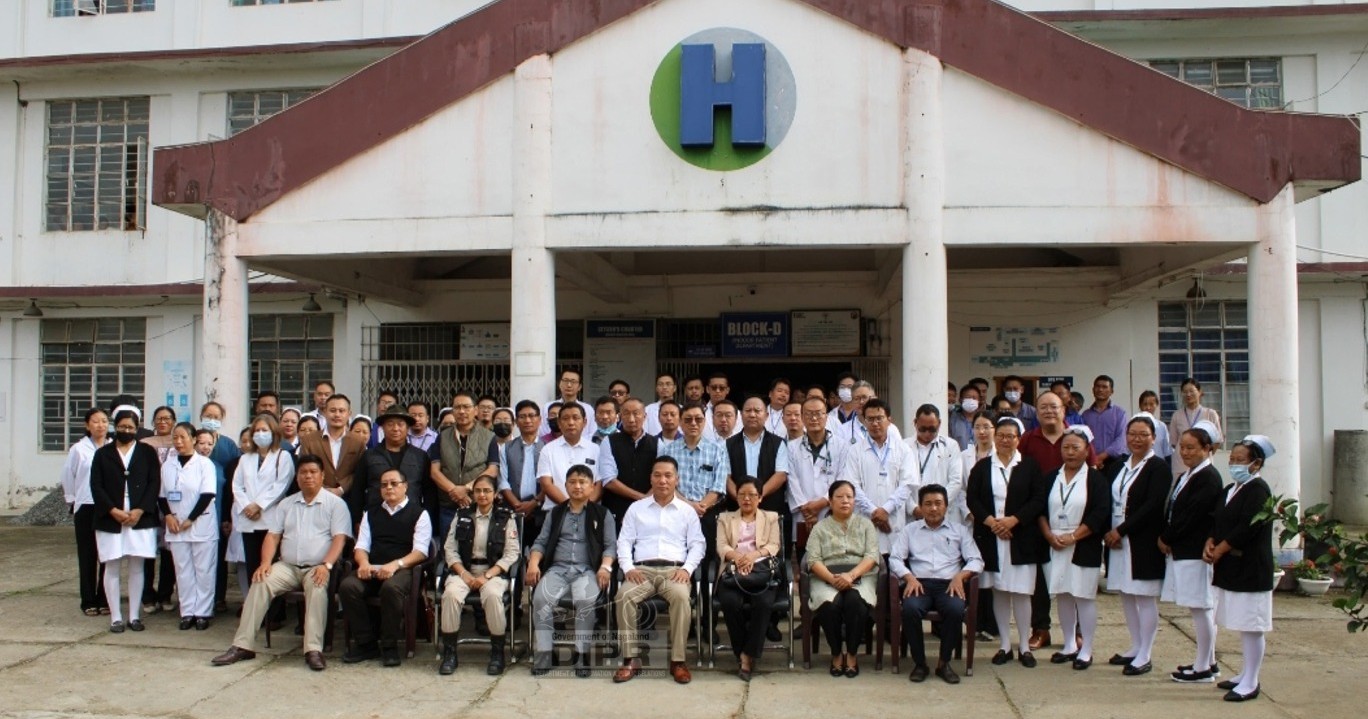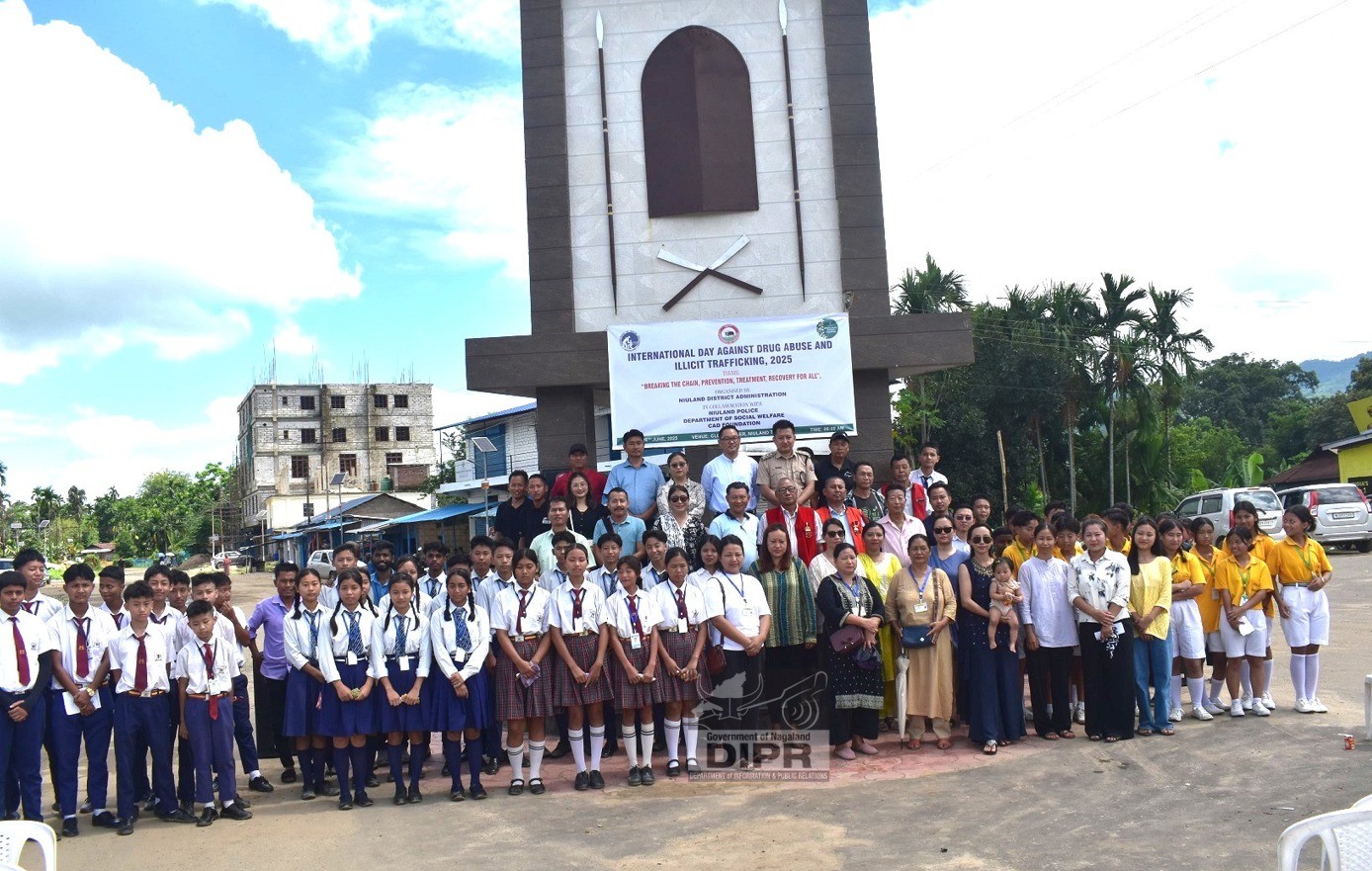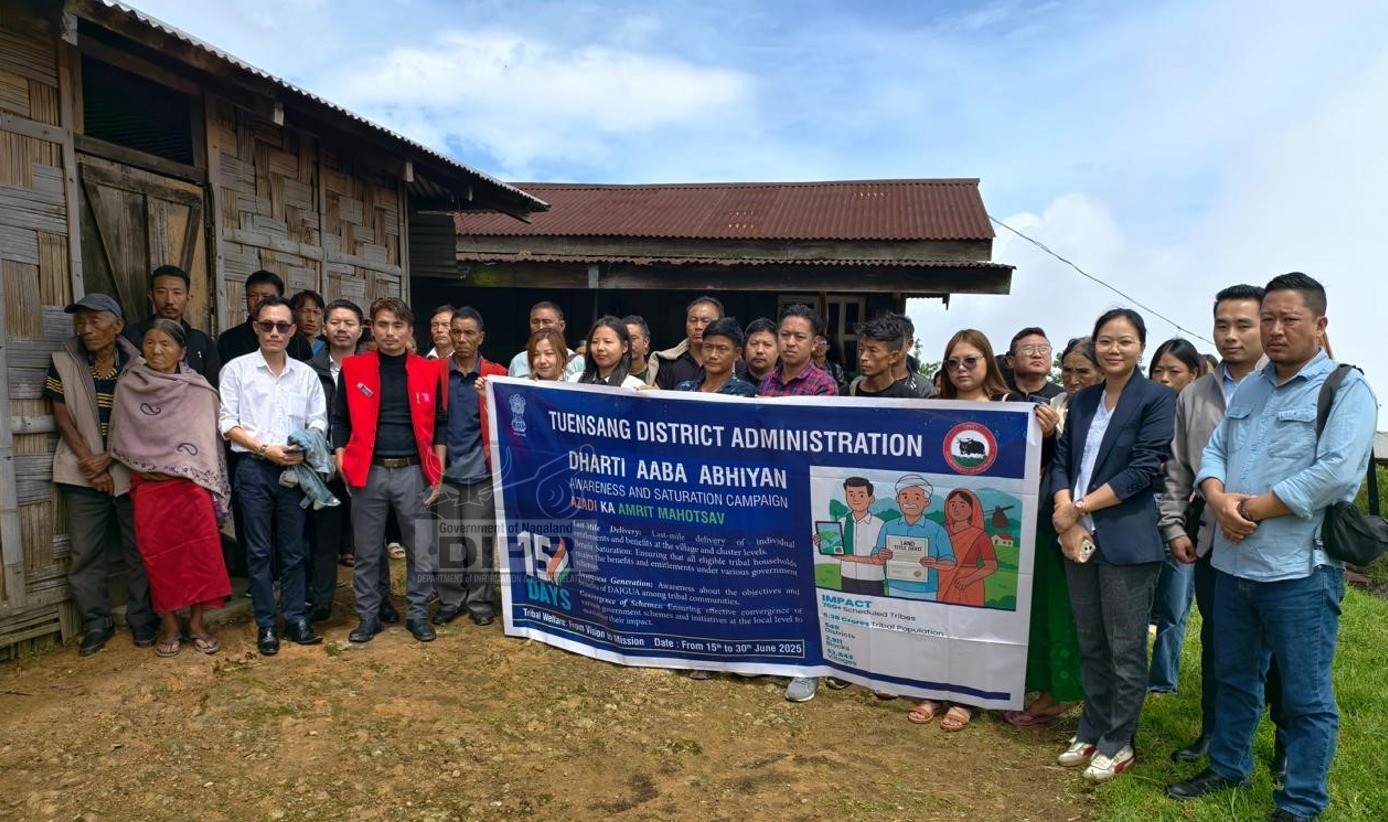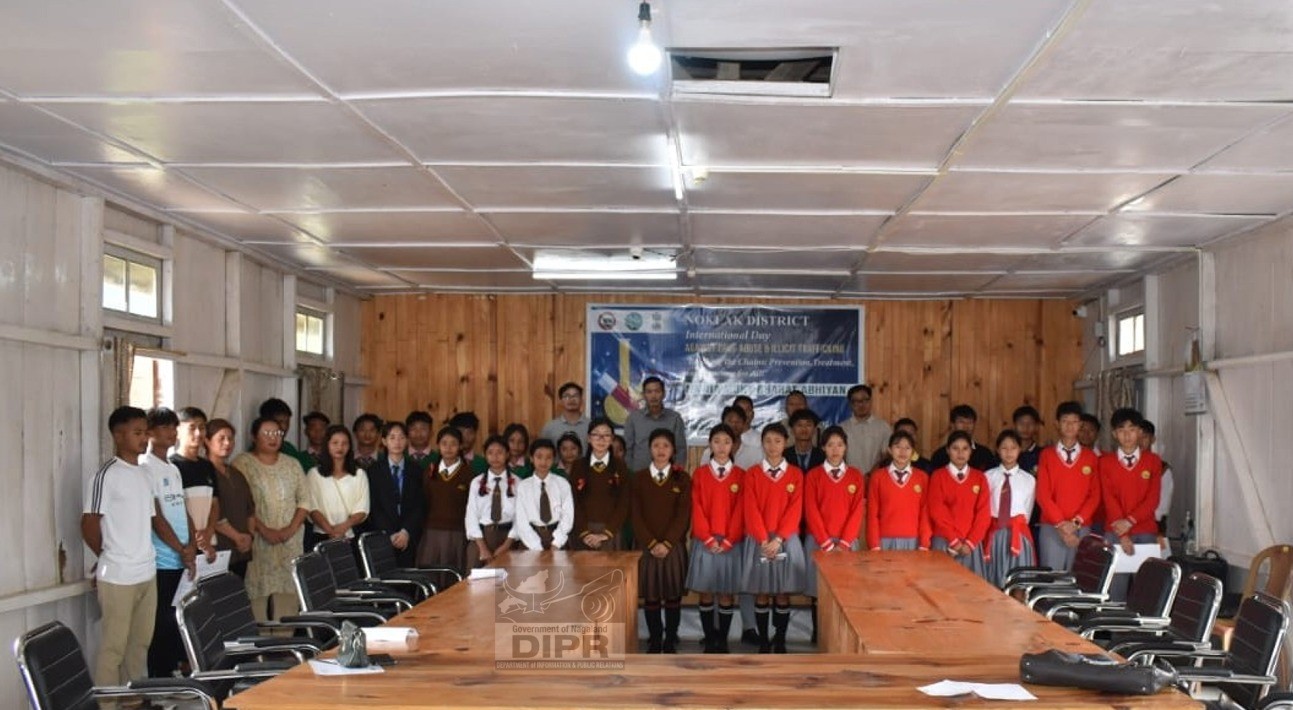The first meeting of the State Supervisory Board of the Assisted Reproductive Technology and Surrogacy Act and Pre-Conception and Pre-Natal Diagnostic Techniques (PC-PNDT) Act, was held under the Chairmanship of Minister of Health & Family Welfare, Government of Nagaland, P Paiwang Konyak at the Conference hall of H&FW, Nagaland Civil Secretariat, Kohima.
The members comprising of representatives from Department of Law and Justice, Social Welfare, Health & Family Welfare, Paediatrician, Radiologist, Gynaecologist, from Nagaland Medical Council, Naga Mothers Association and Kohima Obs & Gynae also deliberated on the Assisted Reproductive Technology Act and Surrogacy Regulation Act 2021.
In his opening remarks Paiwang expressed his contentment over the re-constitution of the Board and hoped that, the State and Allied Departments especially the Law and Justice are aware of such Acts. He also requested the Department to take into account the Socio Cultural uniqueness of our State while implementing such Act.
During the meeting the Board member discussed issues pertaining to- Implementation of PC-PNDT Act in the State of Nagaland, Assisted Reproductive Technology Act and Surrogacy Regulation Act 2021 and the way forward. It was decided during the meeting that, the District Appropriate Authority and Chief Medical Officers will be notified to carry out strict monitoring and inspection especially on the Ultra Sound Clinics and at the same time seek for timely reports as per the provision provided in the Act.
The Board members decided to put proposals for inclusion and consideration of In Vitro Fertilization (IVF) and Intrauterine Insemination (IUI) treatment under CMHIS.
Doctors coming for Counselling on IVF from outside the State should have temporary registration under the Nagaland Medical Counselling (NMC) and also Districts should be notified for registration of hospitals performing IUI procedures.
The board decided to initiate Stern action and penalties against the medical establishment if found violating the Act. The State Supervisory Board also highlighted the need for more sensitization on these Acts for public awareness.
(DIPR)


